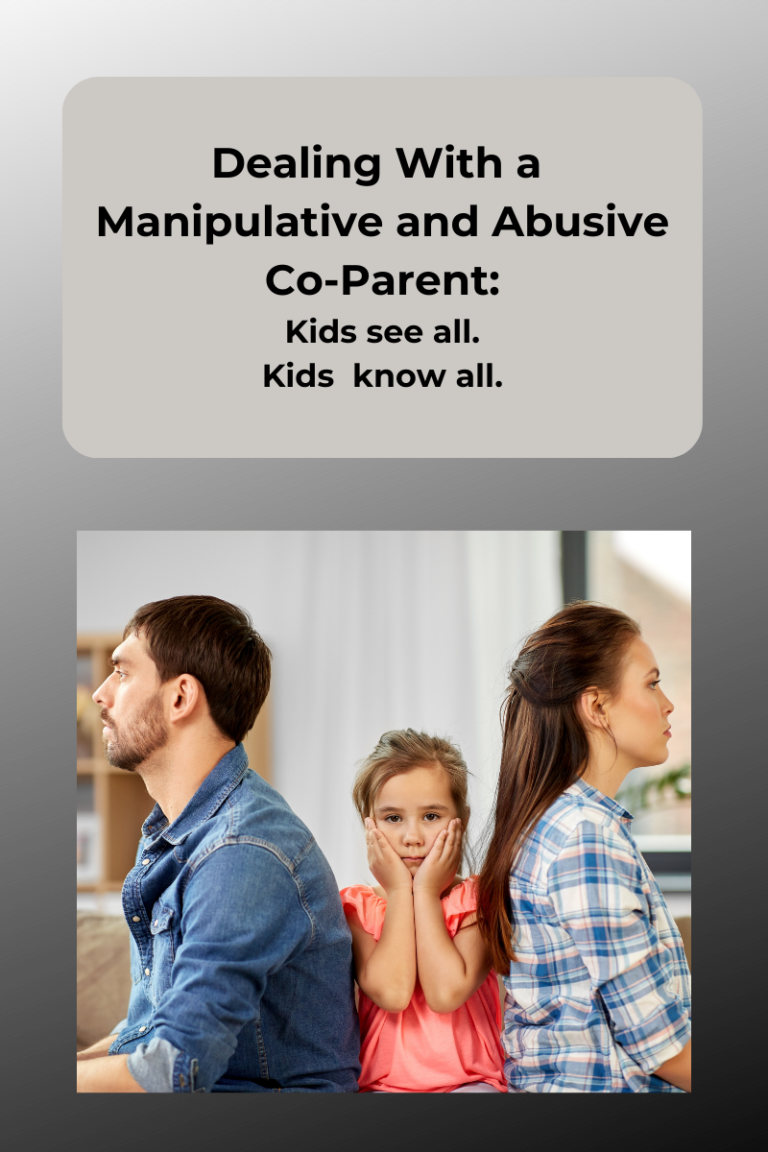A Marriage Dies in Stages. Early Intervention Can Save It.
Learn the stages of a dying marriage before it’s too late.

by Becky Whetstone, Ph.D.
Marriages die in predictable stages and have warning signs. If you don’t seek early intervention through a family therapist, they will die, just like a person with cancer who ignores the signs and symptoms of malignancies. Marriage counseling and therapy are expensive; most people are arrogant enough to think they can figure things out on their own or wrongly believe they don’t need it. Also, people hate facing unpleasant conversations and don’t think there’s anything wrong, and therein lie the main reasons so many couples unwittingly end up in a marriage crisis and, too often, divorce.
Wake up, married people. If your spouse is complaining, you’ve got problems, period. Come out of denial. Respect and take your partner’s perspective seriously, and get yourselves into couples therapy.
Other than complaints about lack of intimacy, communication breakdown, frequent arguments, or other underlying issues, specific signs and patterns of thinking and behavior show beyond doubt that you need professional help. The most important thing you can learn is when to take your marriage in for professional guidance, similar to understanding the symptoms of cancer and getting an appointment with your physician. Just like with cancer, there are typical stages of a dying marriage, and as vital as they are, almost no one knows about them unless they have visited my website or looked at the research—not Google research; peer-reviewed research. Calling Google research, as in, “I did my research,” is like comparing a professional baseball game to T-ball regarding helpful resources. Get real about the sources you use.
I hope one reason people come to see trained therapists like me is because we’re loaded with the kind of research knowledge you would expect a professional in their field to have. That knowledge offers insight and understanding and shows us what interventions work. You can try what your Aunt Betsy said worked for her and Uncle Bob, or do what legitimate, time-consuming, laborious, tested research says. By the way, Bob is too afraid to tell you that he is still miserable, he just decided to hang in and endure life with Aunt Betty.
I learned about the stages of a dying marriage while researching my dissertation topic in 2004 and 2005. I wanted to understand how a person goes from “I want to marry you” to “I don’t want to be married to you anymore.” The space between those two different stances … How did you decide to marry your partner? What were your considerations? Did you ignore major red flags and forge ahead anyway? Once you married, what happened? What’s your story? What do you think your spouse’s story is? What were the significant events that caused you to become disillusioned? What did you do to try and repair the marriage? How did you decide divorce was your best option?
As I explored, I found a book called Uncoupling: Turning Points in Intimate Relationships by Diane Vaughan, published in 1990. Vaughan was an academic professor and had just been divorced from her husband of 20 years. The whole dynamic blew her mind, and she wanted to understand it, so she did a research study on the dynamic of how couples uncouple. She is the first person to delineate the stages a person goes through in deciding to divorce. Most of the more than 200 people she interviewed had passed through these same stages. When I read it, I was like, “Oh my gosh, why don’t people know about this!?”
When I did my research, interviewing each of the 11 subjects for two hours and asking them all the same questions, I wasn’t thinking about Vaughan’s stages. I was looking for common patterns in what my subjects told me and was open to anything. However, similar patterns revealed themselves in the conversations, and Vaughan’s stages were confirmed.
Vaughan points out that the stages are primarily experienced internally, meaning the person is thinking to themselves and not telling their spouse what’s going on in their mind. They keep the extent of their unhappiness secret. This tells me that one of the things that must change moving forward is to be more open to telling our partners when we feel our regard for them is slipping.
With that in mind, here are the stages and signs of a dying marriage. Understand that once you enter stage one, the deterioration downward is guaranteed if you do nothing to stop it:
Stage One: Disillusionment. A person becomes aware that they are feeling unhappiness in the relationship. They mull it over and say, “You know, relationships have ups and downs, and I’ll just see how this goes and see if my feelings change.”
Stage Two: Erosion. The partner feels and realizes their negative feelings aren’t going away, that they are serious, and that this could lead to divorce. They quickly dismiss the idea of divorce for numerous reasons—kids, finances, reputation, religion, beliefs and values, and whatever they don’t want to lose. During this stage, the person is likely to be snarky or snide with their partner at times, but not in public or in front of others.
Stage Three. Detachment. The detachment stage is when a person notices that their unhappiness is increasing. They think of it more often and would like to end the marriage but are unwilling to for all the reasons I listed in stage two. So, they make a deal with themself:” I can stay married if I find something outside the marriage and away from my partner that satisfies me.” This could be an affair, attending school or taking classes or training, beginning a career, a new hobby, or anything else. At this stage, the poisonous feelings seep out in front of others. At this point in my marriage in 1992, I began going to graduate school in communication to be more marketable regarding supporting myself. I changed my path many years later.
Stage Four. The Straw. Without intervention, the deterioration of the failing marriage continues, and the ability to tolerate it lessens. One inevitable day, we can’t predict when, the unhappy spouse will have an experience with their partner that suddenly gives them clarity, “I cannot be with a person who would say or do, or not say or not do, whatever it is they just did.” It could be a small or large act by their partner or even something seemingly innocent, but to the disgruntled spouse, the straw breaks the camel’s back of the marriage, and at least at that moment, they are done. Instantly, everything changes, and they will either decide to end the relationship altogether, make a pronouncement of their thinking they want a divorce, or emotionally disconnect and stop cooperating as they did before. Whatever happens, they will never return to the way things were. I describe this in the next stage of the marriage crisis, described below.
Death of the Marriage is the fifth and final stage of the marriage deterioration process, or at least death of what has been going on before, as the spouse will not go back to the way things were. Divorce is likely, but it is possible that a future with their partner can be found under the right circumstances, but the status quo is forever off the table.
As I said at the beginning, the fatal mistake for many is that they think marriage therapy is for terrible, troubled marriages, and they don’t come in for marriage therapy soon enough, in stage two. Instead, they wait until stage three or four, when it is tough to undo the piled-up damage, resentment, and lack of trust. The ones who went to marriage therapy early on, before their eventual marriage crisis, report to me that they either didn’t take it seriously, didn’t care for or bond with the therapist, and didn’t make an effort to look elsewhere.
People cannot work out marriage issues on their own. They don’t realize it is complicated; mental and emotional disabilities figure into the equation, and the tiny thing bugging them now will turn into a big thing over time – deterioration of the marriage is unavoidable and guaranteed once a couple enters stage one. Like cancer, it is best to nip the problem in the bud while there is plenty of goodwill toward one another and willingness to work on it in a safe space. Also, I find that individuals will accept uncomfortable truths from a marriage therapist that they won’t accept hearing from their spouse.
Marriage crisis.
My whole specialty of managing marriage crisis is designed to save the marriages that reach stage four that can and should be saved. People make terrible mistakes in stage four that usually destroy any possibility of saving the marriage. I coach people about how to prevent that, to stabilize the situation, give the disgruntled spouse (the decider) space, and get the leaning-in partner (the one who wants desperately to save the marriage) to take the focus off the decider. What I ask of leaning-in partners is tricky and counterintuitive, but some people can do it and save their marriages.
There is a vast need for therapists who specialize in managing this period after The Straw, when a marriage is either in, or about to be in, a crisis. To help couples stabilize, prevent further damage, and save the marriages that can and should be saved. I hope to start training therapists to do this soon and make it a common thing for couples who face potentially marriage-ending crises.
If you are an individual in a marriage crisis right now, I have help and support for you. You can come to see me individually and work on your personal growth and deeper issues, which will be necessary if your marriage is to be saved. I can also see you and your partner and oversee and stabilize the crisis, manage a separation, or help you attain an amicable divorce if that is the path you choose. I also offer a two-month program for both leaning-in partners and deciders that provides support and education and kicks off almost every month. You will receive regular informative and motivational emails, videos, and a book study and support group. The important thing is to remain focused on doing the things that will help, avoid the things that don’t, and know that you’re not alone. Sharing stories and experiencing support from fellow leaning-in partners or deciders is healing and powerful.
I have seen many unhappy marriages end that should have been saved. Often, a failure to communicate, misunderstandings, unresolved issues, or poor processing have brought a couple down. Two good people who care about each other can easily blow it.
Most couples have children in our culture, and they pay a terrible price for these unnecessary bumps in the marital road. Learn the skills that happy couples use to keep their marriages alive and thriving. You can’t wing a great marriage; you must take proactive steps to have one, and there is an art and science to having it – I urge you to become a student of healthy relationships. The basic work of Dr. John Gottman, Marriage and Family Therapy’s research godfather, is always a good place to start. Also, the work of Pia Mellody in Facing Codependence for beginning work on your trauma, and Terry Real’s books, especially his audiobook, Fierce Intimacy, for your relationships.
Please visit my website at www.MarriageCrisisManager.com for more extensive information on managing your marriage crisis. You can also preorder my book, which covers the entire subject, at https://www.amazon.com/-/es/Becky-Whetstone-ebook/dp/B0D7WCYRLH. No matter what your marital issues are, whether communication problems, feelings of loneliness, challenged physical intimacy, or a need for that much-valued quality time, there is a way to get it.
…
If you liked this article, you might also like this: https://marriagecrisismanager.com/is-your-marriage-dying-know-in-3-minutes-using-this-diagnostic-tool/





